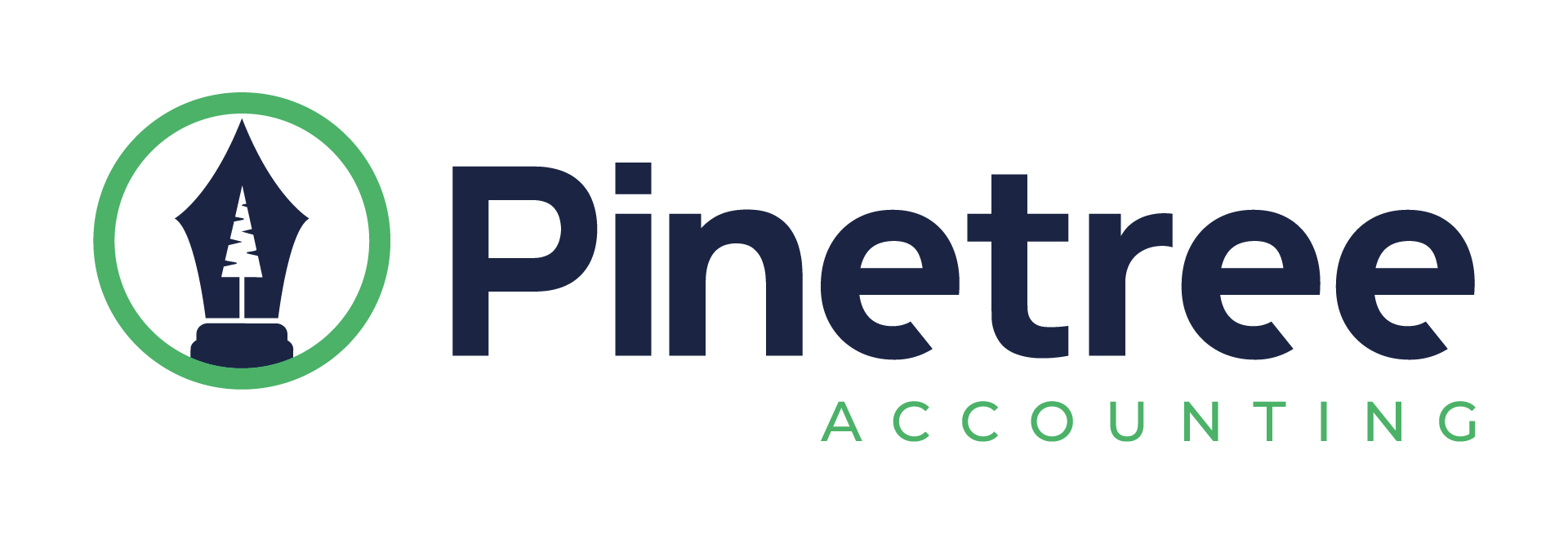Auditing is crucial in today’s business world, ensuring transparency and accountability in financial reporting. It provides an independent and objective examination of an organization’s financial records, helping build stakeholder trust and confidence. By evaluating the accuracy and reliability of financial information, auditing helps to identify potential errors, irregularities, or fraudulent activities, ultimately protecting the interests of shareholders and investors.
In addition to detecting and preventing fraudulent activities, auditing also helps improve internal control systems within an organization. It ensures proper checks and balances are in place, reducing the risk of errors or misappropriation of funds. Companies can identify weaknesses in their internal processes through regular audits and implement necessary measures to address them. This enhances operational efficiency and minimizes the chances of financial mismanagement. Overall, auditing is a valuable tool for businesses to evaluate their financial performance, safeguard their assets, and ensure compliance with legal and regulatory requirements.
Ensuring transparency and accountability is vital in auditing. Auditing goes beyond reviewing financial records and ensures ethical operations and law compliance. Companies conduct audits to demonstrate their commitment to stakeholders. Auditing uncovers fraud and mismanagement, identifies discrepancies, and preserves financial integrity. It prevents conflicts of interest and promotes responsible decision-making. Auditing fosters a culture of accountability and responsible management through independent assessments.

Auditing is crucial in detecting and preventing fraud. It involves reviewing financial records and processes to ensure accuracy and compliance with laws. Auditors can uncover signs of fraud through thorough examinations and interviews. Internal controls established through auditing help prevent and detect fraudulent behavior by implementing checks and balances. Auditing also acts as a deterrent, promoting organizational accountability and transparency. The fear of legal consequences and damage to reputation is a powerful deterrent against fraud. Overall, auditing is vital in preventing fraud by establishing controls, uncovering discrepancies, and acting as a deterrent.
Improving internal control systems is crucial to detect and prevent fraud. This involves segregating duties and monitoring and reviewing financial statements and transactional data. Organizations can minimize the risk of fraud and unauthorized activities by separating responsibilities and consistently monitoring activities. Surprise audits and rotating employees’ responsibilities can also deter fraudulent behavior. Overall, enhancing internal control systems enhances the ability to detect and prevent fraudulent activities.
Companies must establish strong internal control systems to safeguard shareholders’ and investors’ interests. These systems protect company assets, ensure accurate financial information, and prevent fraud. By implementing effective controls, companies minimize the risk of financial misstatements and fraudulent activities, giving shareholders and investors confidence in managing their investments. Internal control systems also provide transparency and accountability, allowing shareholders and investors to make informed decisions. Additionally, these systems detect and prevent fraud, protecting shareholders from financial losses and reputational damage. Overall, robust internal control systems are essential for maintaining trust and confidence in a company.
Auditing is essential for enhancing financial performance and operational efficiency. It allows companies to evaluate their financial statements and operations, identify inefficiencies, and make informed decisions. Audits verify the accuracy of financial information and detect errors or fraud, giving shareholders and investors confidence. They also evaluate internal controls, identify weaknesses, and suggest improvements for increased efficiency and cost savings. Additionally, audits help ensure regulation compliance, benefiting both companies and stakeholders. Overall, auditing plays a crucial role in achieving long-term success and growth.
Auditing is crucial for transparency and accountability in organizations. It helps detect and prevent fraud, improve internal control systems, and safeguard reputation and financial well-being. Audits also protect shareholders’ and investors’ interests by providing accurate financial information and enhancing operational efficiency. Prioritizing auditing ensures transparency, safeguards financial interests, and leads to long-term success.




